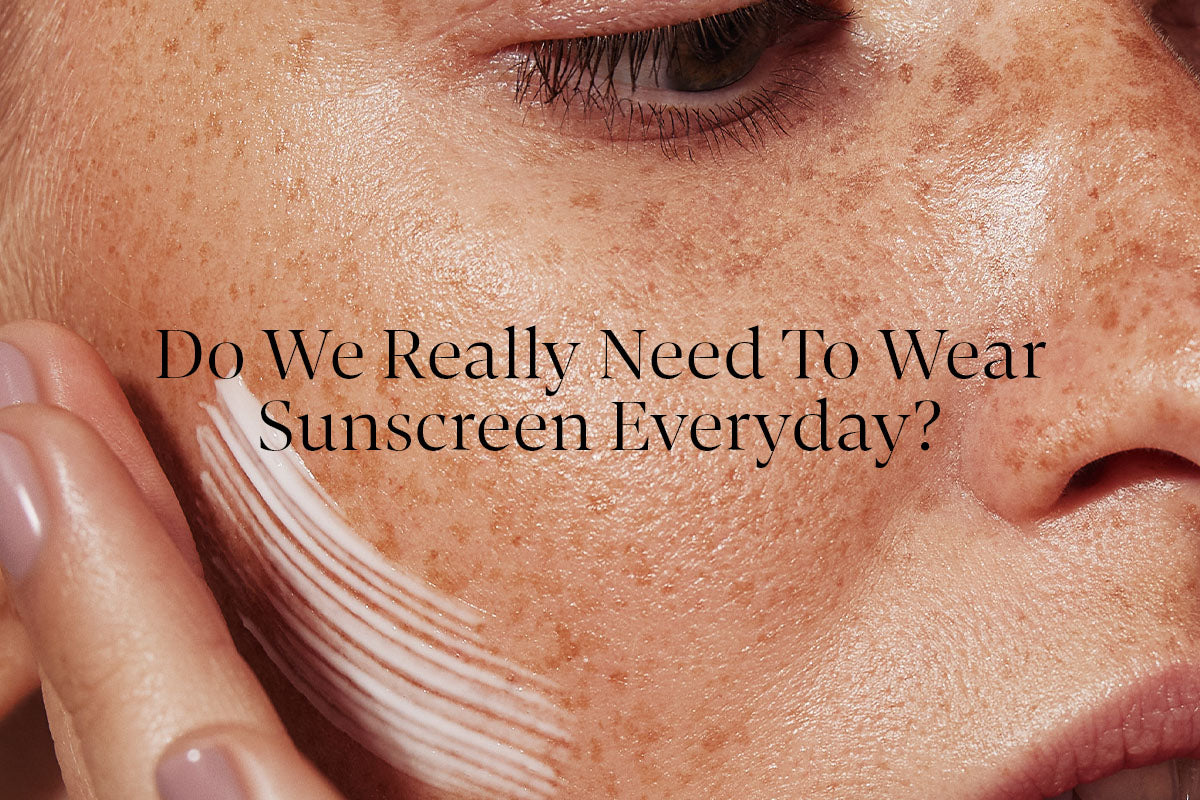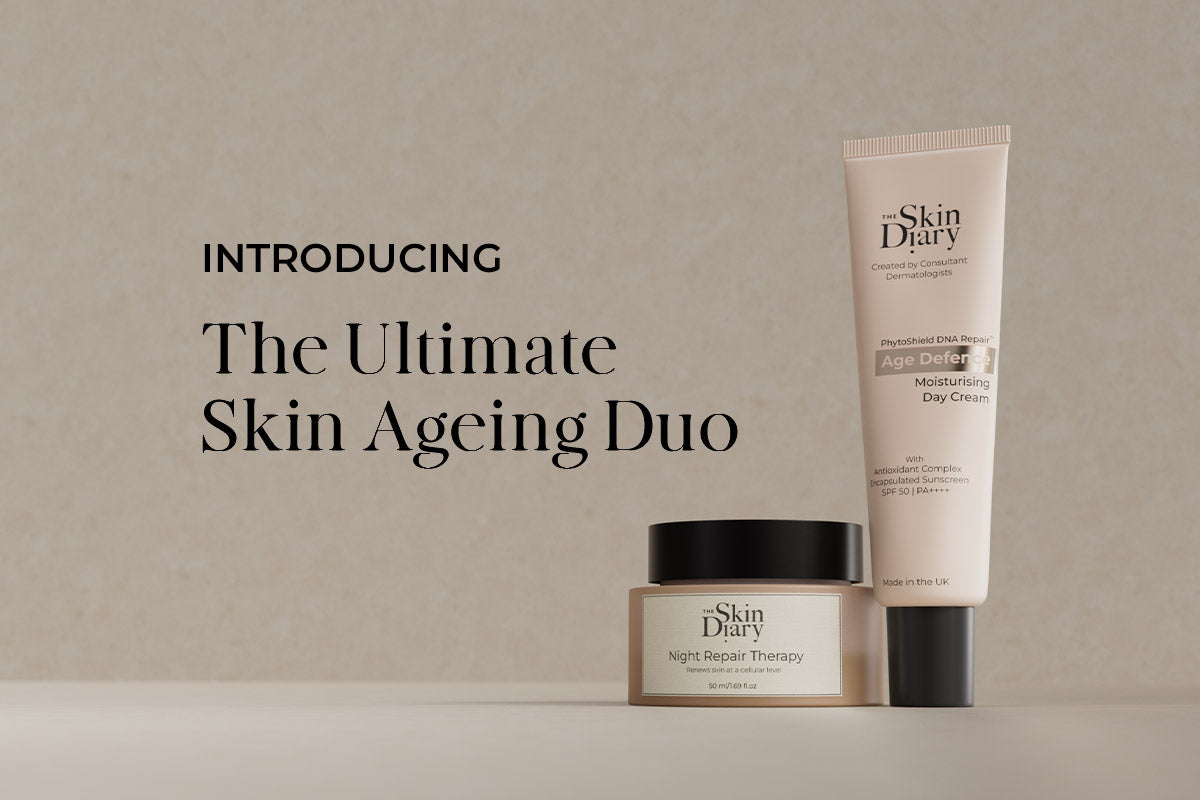Since 80% of skin ageing is driven by UV damage, the answer seems simple: practice sun safety and wear sunscreen. But for many in the UK and Ireland, the idea of wearing SPF 50 on a grey winter’s day seems overzealous.
We asked Dr Beibei Du-Harpur, dermatologist and The Skin Diary’s scientific engagement lead whether you really need to wear SPF daily and the best advice to follow.
Why do we wear sunscreen?
It may seem simple, but before discussing wearing SPF daily, it’s important to understand what sunscreen does and why it’s important.
“The purpose of sunscreen is to act as a filter against UV radiation from the sun. This can prevent sunburn, which is a major risk factor for the most dangerous skin cancers, as well as cumulative UV damage, which leads to accelerated photoageing and contributes to skin cancers,” says Dr. Du-Harpur. UV exposure also triggers some skin conditions, including pigmentation disorders such as melasma, making it important to wear sunscreen.
Do you need to wear sunscreen everyday?
“If you are investing in a skincare routine for optimised skin ageing, you should be sun protecting, which means SPF should be part of your daily routine,” says Dr. Du-Harpur. She recommends people be aware of the UV index (which you can easily check on most phone weather apps), as this gives a guide as to how intense the radiation from the sun is in your location at any given time. The UV index ranges from 0 to 11+, but in the UK and Ireland, the index won’t exceed 8 (and even this is rare).
The key to keeping yourself safe from the sun is adjusting to the UV index and your activities in it — and not just relying on sunscreen. “ It is important to tailor your sun protection strategy to the UV index; whilst a once daily application in the winter is a great marginal gain and skincare habit, if you’re on holiday in Thailand this will be insufficient. You need to think about seeking shade, using wide brimmed hats, sun protective clothing etc. as well as sunscreen to protect yourself effectively from the sun,” explains Dr. Du-Harpur.
Implementing sunscreen into your daily skincare routine is great and something we recommend at The Skin Diary, both for minimising risks to skin cancer and premature ageing. Using your judgement on the UV index and your activities are the best ways of understanding whether you should be reapplying throughout the day.
Sunscreen and vitamin D
Many worry that daily application of sunscreen impacts our vitamin D levels (something people find they supplement, especially through winter).
“Vitamin D can be acquired in sufficient doses with fairly short periods of sun exposure, and it will be stored in the body as it is a fat-soluble vitamin,” says Dr. Du-Harpur. “Sunscreen is a filter, and will not block all UV. Generally, people who are using it for skin ageing benefits are applying it most consistently to their areas of concern, such as the face, so it is unlikely (if you spend time outdoors) that your skin is not synthesising any vitamin D.” Dermatologists and doctors always encourage people to spend time outdoors, it has a great number of health benefits. “We know from research that sunscreen is rarely applied with such diligence that vitamin D levels are affected.”
Skincare for premature ageing prevention
For those keen on skin ageing prevention, Dr Du-Harpur recommends a routine of topicals scientifically proven to work such as retinoids, vitamin C and daily sunscreen. “These are a no-brainer as a key preventative skin intervention,” she says. “If you are less concerned about skin ageing, but want to be sensible from a skin cancer risk perspective (which is most relevant in lighter skin tones), your SPF use should be guided by UV index, and be part of an overall sun protection strategy to avoid sunburn and minimise prolonged exposure.” This means things like avoiding peak sun exposure and wearing wide brimmed hats and UV protective clothing.





